You have come to Hungary with your colleagues as an election observer. How are you conducting your work?
Our International Observation Mission, which I am the head of, was organized by the Ordo Iuris Institute and Collegium Intermarium University, along with our Croatian, Spanish, Bulgarian, and Ukrainian partners, within the framework of the Alliance for the Common Good (ACG). Due to the conflict in Ukraine, our colleagues from there were not able to come, but they assisted in preparations. There are 18 of us here in all. We arrived on March 24th and we will leave a few days after the elections. We will then present our final evaluation.
In the meantime, the OSCE Office for Democratic Institutions and Human Rights (ODIHR) has already published their interim report of election observations in Hungary – which your mission criticized. Why?
In the meantime, the OSCE Office for Democratic Institutions and Human Rights (ODIHR) has already published their interim report of election observations in Hungary – which your mission criticized. Why?
The interim report was already in the crossfire of political battles in Hungary upon our arrival and it was immediately weaponized internationally to use against Hungary. This should not be allowed because this way, the report can impact the Hungarian elections – especially in its final days. Moreover, not only does the report gather “concerns” regarding the electoral system, but also it supports them. And finally – this is what we are most critical of – it does not meet international standards for accuracy, verifiability and impartiality.
Could you provide an example?
For instance, instead of referring to the child protection law by its full, official legal title, they call it by its nickname. They repeatedly fail to name their sources for objections and do not give the perspective of governing parties. They essentially represent the opposition’s platform, they are biased. A fair report would present both sides of the argument, both opinions. They do not provide full context of how constituencies were drawn; they do not show evidence of their allegations of media imbalances. The whole thing reminds me more of a biased piece of journalism rather than a neutral, fact-based assessment.



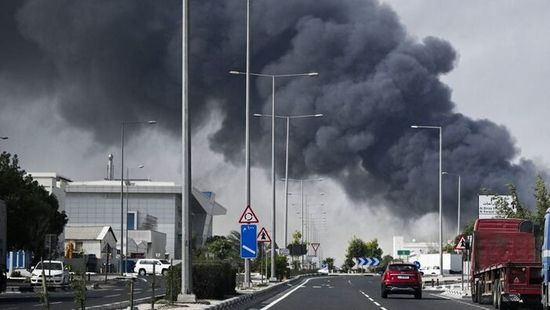
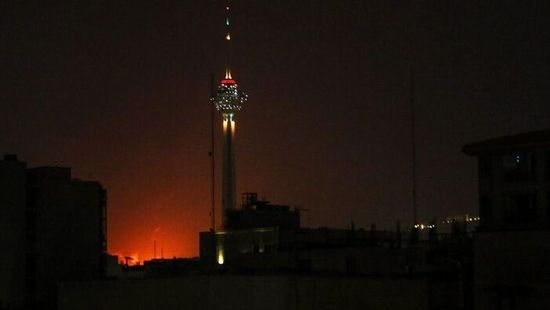

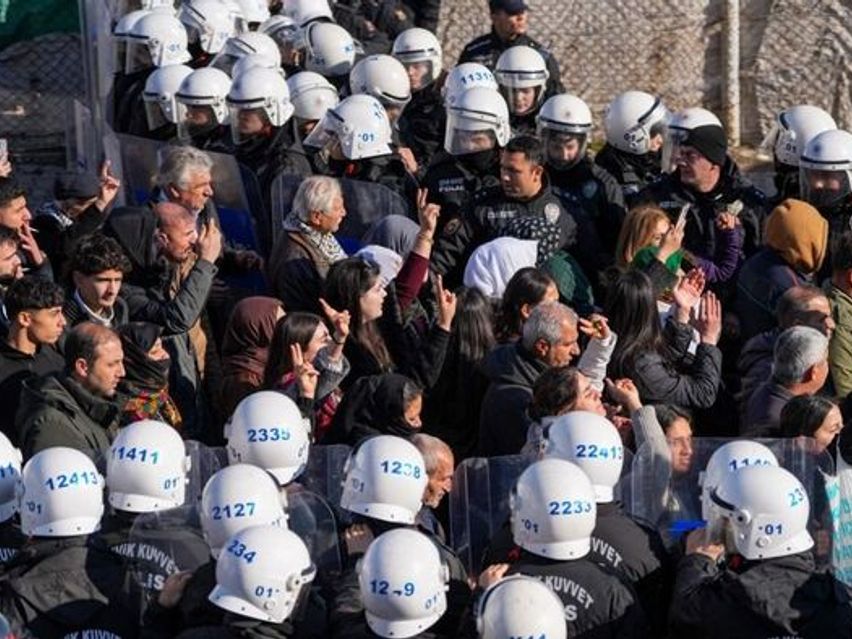
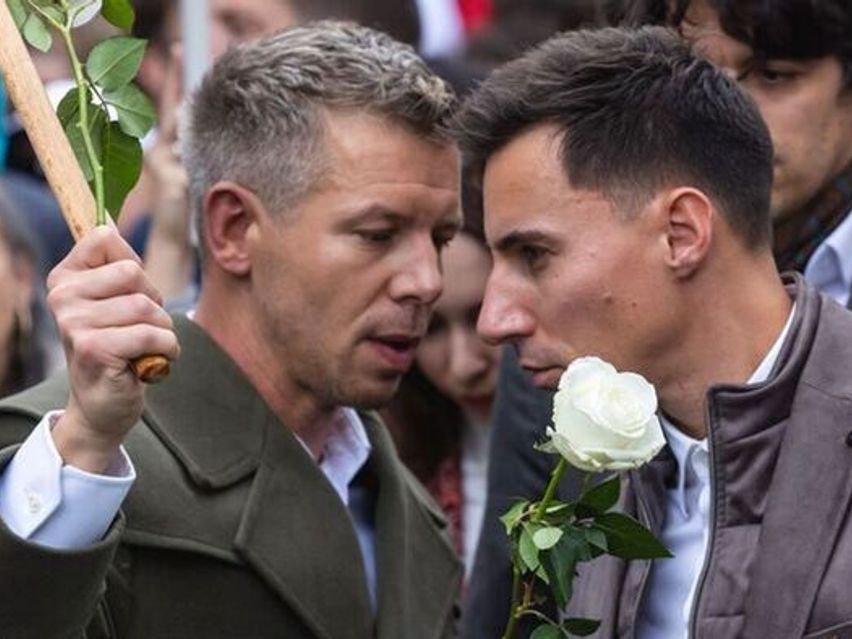



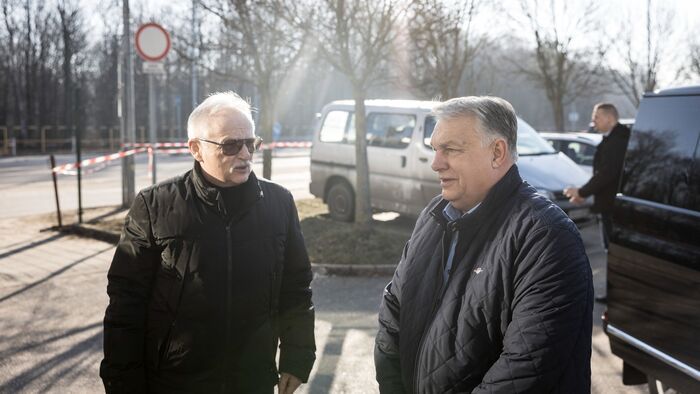
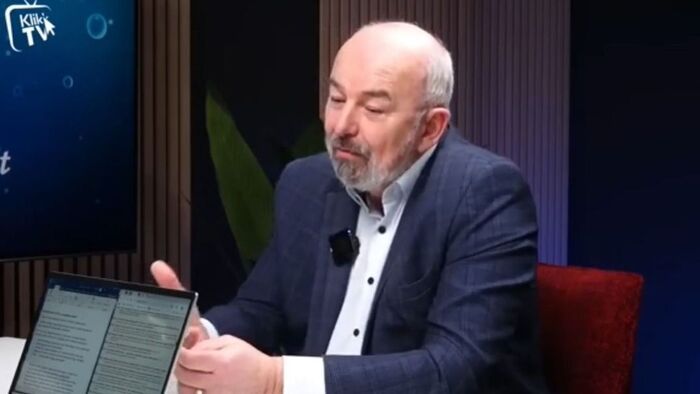

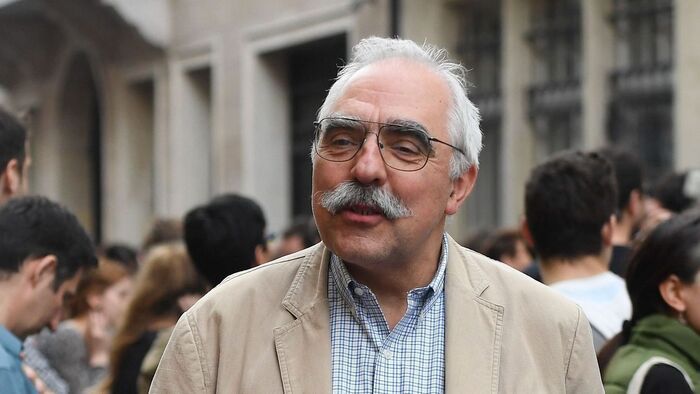
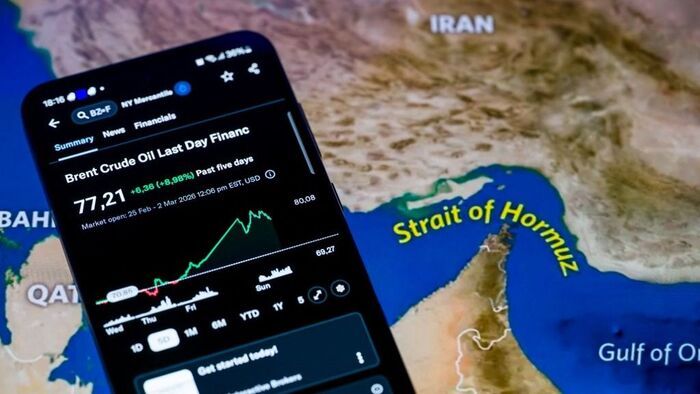
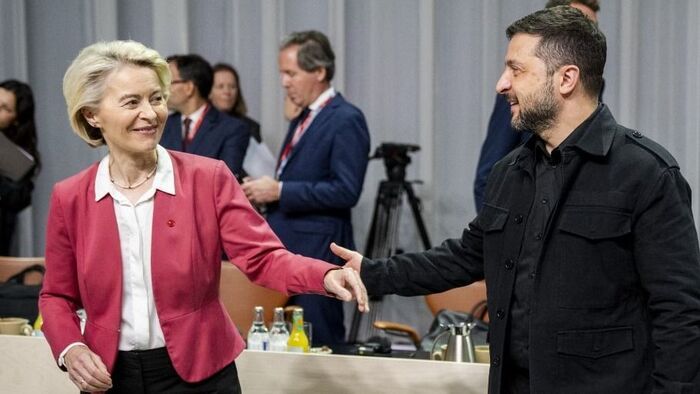
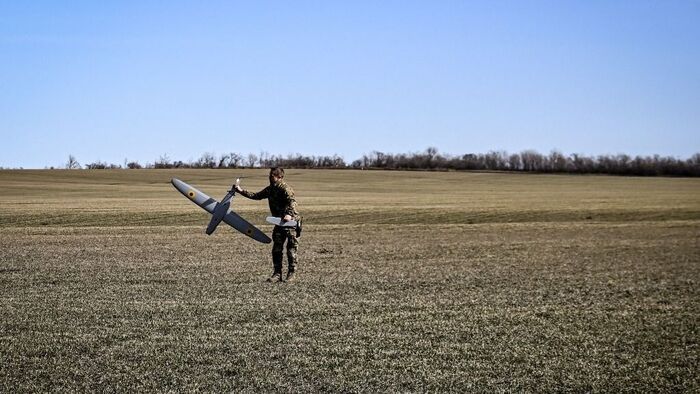


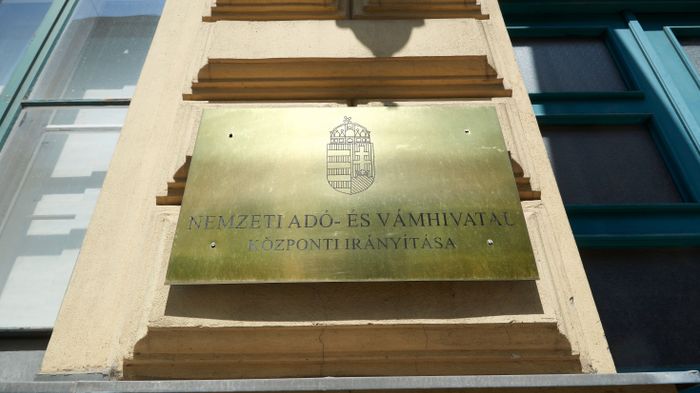

Szóljon hozzá!
Jelenleg csak a hozzászólások egy kis részét látja. Hozzászóláshoz és a további kommentek megtekintéséhez lépjen be, vagy regisztráljon!